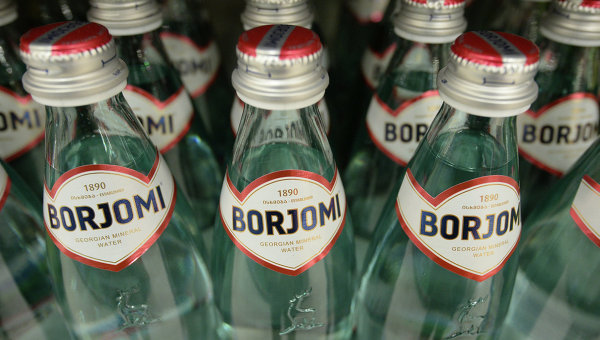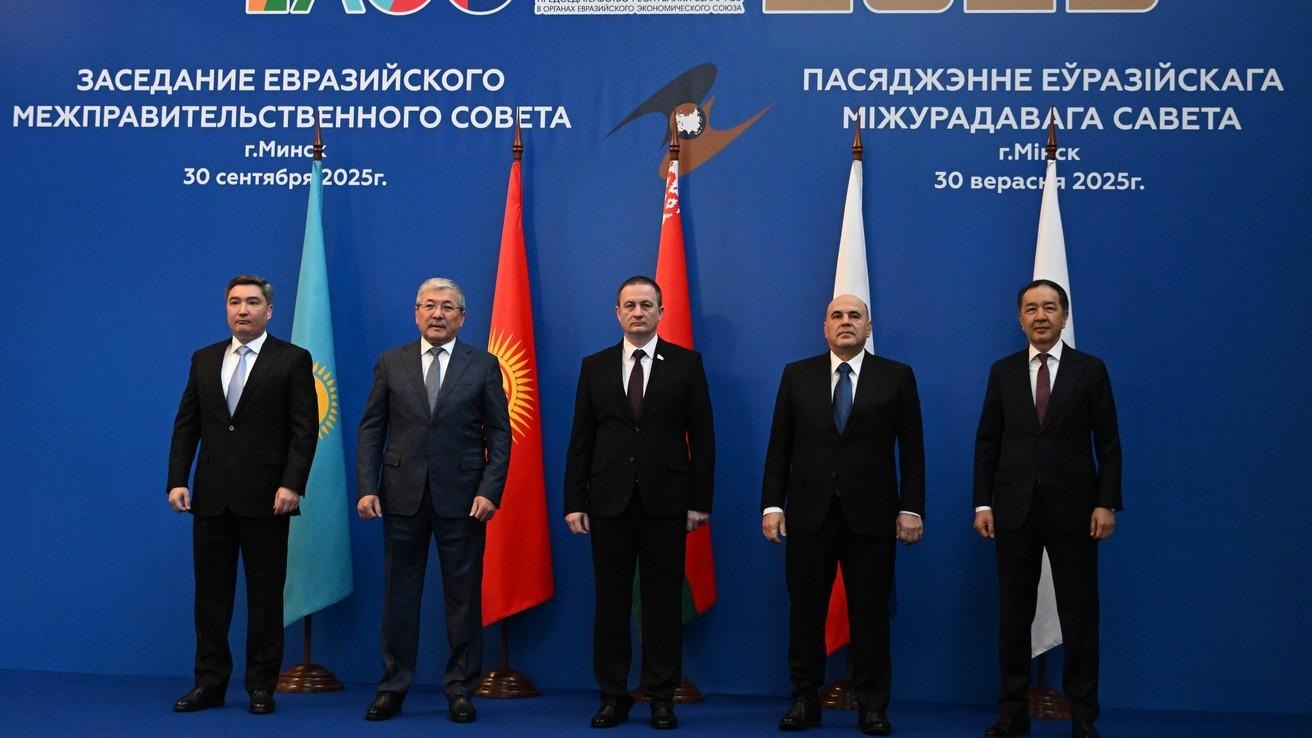
Is Russia Resuming a Trade War Against Georgia?
Is Russia Resuming a Trade War Against Georgia?
The Russian government has announced the imminent suspension of the Free Trade Regime between the Russian Federation and Georgia, which had been in place since 1994, following Georgia’s accession to the Commonwealth of Independent States (CIS) (Civil Georgia, July 31). Moscow established the same regime for other CIS states in order to keep them in its sphere of influence. However, after several current and former CIS countries—notably Ukraine, Moldova and Georgia—started drifting westward and signed Association Agreements as well as Deep and Comprehensive Free Trade Area (DCFTA) pacts with the European Union, Moscow declared they would no longer enjoy most favored trade status with Russia.
Georgian and Russian experts recently discussed this issue in Geneva (Civil Georgia, July 9). The Russian side asserted that “cheap products from the EU” would infiltrate the Russian market after Georgia’s free trade agreement with Europe was ratified, forcing Moscow “to take defensive steps.” In particular, custom duties on products from Georgia might increase up to 20 percent. Following the Russian government’s announcement about suspending bilateral free trade, however, Georgians are concerned that Moscow may soon move even further and again completely ban Georgian products from the Russian market.
Moscow blocked Georgian imports back in 2006 (Iset-pi, April 1, 2011), after Georgia’s security services arrested four Russian spies and publicly released video recordings of their conversations with other agents about the locations and movement of Georgian military units. These Russian spies, who were officers of the Main Intelligence Directorate (Glavnoe Razvedyvatelnoe Upravlenie, GRU), were soon handed over to the Organization for Security and Cooperation in Europe (OSCE) and returned to Moscow. President Vladimir Putin, however, decided to take revenge on his Georgian counterpart, Mikheil Saakashvili, by imposing a complete embargo on traditional Georgian exports—wine, mineral water, and a variety of fruits and vegetables. This ban formally skirted World Trade Organization (WTO) norms due to health and safety claims made by the Main Sanitary Doctor of the Russian Federation Gennady Onishchenko. Russia’s dubious assertions as to the safety of Georgian exports contradicted EU agency conclusions, which never found any issues with Georgian goods imported by European countries.
Saakashvili’s government chose not to appeal the export ban in international courts, believing that a legal dispute with Moscow would be fruitless. The embargo was initially a painful blow to Georgia’s economy, but Georgian exporters managed to find new markets in other CIS countries and the state saved domestic wine producers through significant infusions of government funds (IWPR, October 1, 2010; iset.ge, May 15, 2013; georgianews.ge, December 12, 2013). Still, the opening of the Russian market became one of the electoral promises of the Georgian Dream coalition’s billionaire leader, Bidzina Ivanishvili, at the time of the parliamentary elections in 2012.
Immediately after coming to power, the Georgian Dream government resumed talks with Moscow on lifting the embargo. Zurab Abashidze, Prime Minister Ivanishvili’s special representative to Moscow, held several rounds of talks with Russia’s Deputy Minister of Foreign Affairs Grigory Karasin and secured the lifting of the restrictions, first on wine and then mineral water (see EDM, February 26, 2013; January 10, 2014). As a final step, Moscow lifted all restrictions on imports of fruit, vegetables and citrus produce from Georgia (tabula.ge, October 10, 2013).
Russia’s most recent revocation of the bilateral free trade regime puts Georgian agricultural producers in a difficult situation, particularly because large-scale access to the EU common market has not materialized yet. Furthermore, Georgian Council political party leader Jondi Bagaturia noted that the DCFTA agreement, which Georgia signed in July 2014, includes an unexpected clause about a special fee for “accessing the [EU] market” for many of the same goods that Georgia had earlier freely exported to Russia. The EU representative in Tbilisi confirmed this information to Jamestown, but noted that the amount of the fee has not been affirmed yet (Author’s interviews, August 1).
If Moscow eventually reintroduces a complete embargo on Georgian produce, it will not have the same devastating effect on Georgia as it did in 2006. Economic expert Giorgi Khukhashvili told Jamestown: “The Russian market does not play as important a role for Georgian exports as it did in the past, if you consider its market share” (Author’s interview, August 1). Indeed, according to the Georgian government statistical service, Georgia’s exports to Russia comprise only 9 percent of the total, whereas the country exports 11 percent to Armenia and 21 percent to Azerbaijan (geostat.ge, accessed August 6). That is probably why Prime Minister Irakli Garibashvili called the free trade agreement suspension “not a tragedy,” and promised that Abashidze, his special representative to Moscow, would soon come to an agreement on the matter with the Russian side (Civil Georgia, July 31).
Abashidze told Jamestown in an interview on August 1 that, since Georgia is not a member of the CIS, “retaining [or] revoking of the free trade regime depended entirely on the [individual CIS members]. Russia decided to abolish the favored regime. This means that from now on we will have the same trade relations with Russia as many other countries, and this is normal.”
The Georgian special representative also noted that during his last round of negotiations with Russia in Prague, he “did not notice anything that would indicate Russian plans to resume the embargo.” Apparently, the Georgian authorities are hoping to continue economic relations with their large northern neighbor, even without the preferential trade status. However, the Georgian opposition regards these hopes as naive. United National Movement (UNM) parliamentarian Nugzar Tsiklauri argued: “The unfolding events show how far from reality the government’s plans were to sign the agreement with the European Union and at the same time continue normal economic relations with Moscow,” which is willing to punish its neighbors for seeking European integration (Author’s interviews, August 1).
Observers in Tbilisi are waiting to see if Russia will amicably resolve the trade dispute with Georgia in exchange for the Georgian government’s silence regarding Russia’s regional policies. Indeed, the government of Irakli Garibashvilli is much more receptive to Moscow’s narrative on the crisis in Ukraine than the opposition UNM. Moreover, the Georgian government has largely abstained from making any further statements on Ukraine, for which it has been heavily criticized by UNM politicians. But whether such acquiescence will be sufficient to avoid future punishing economic sanctions by Moscow will become clear in the near future.


